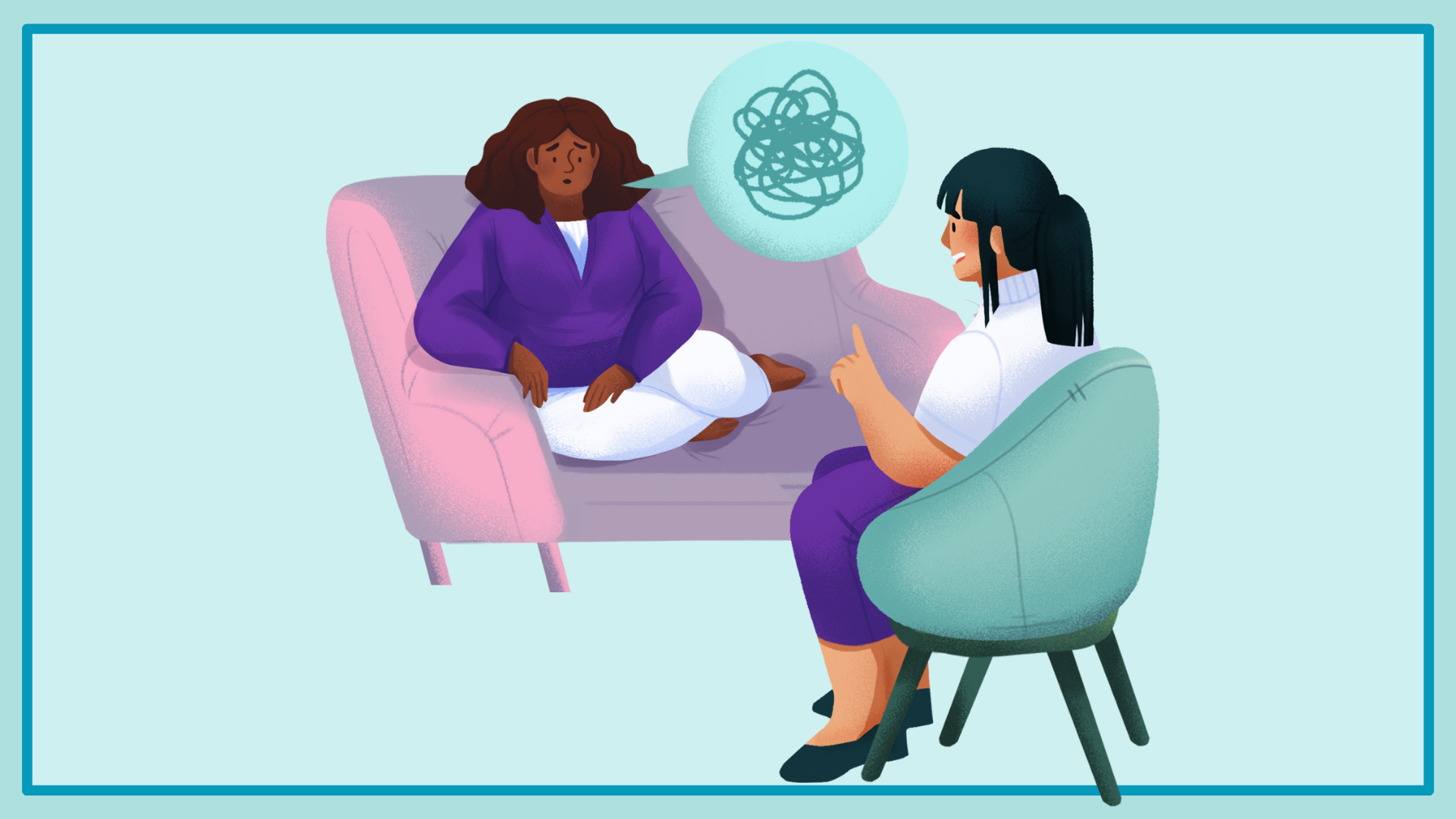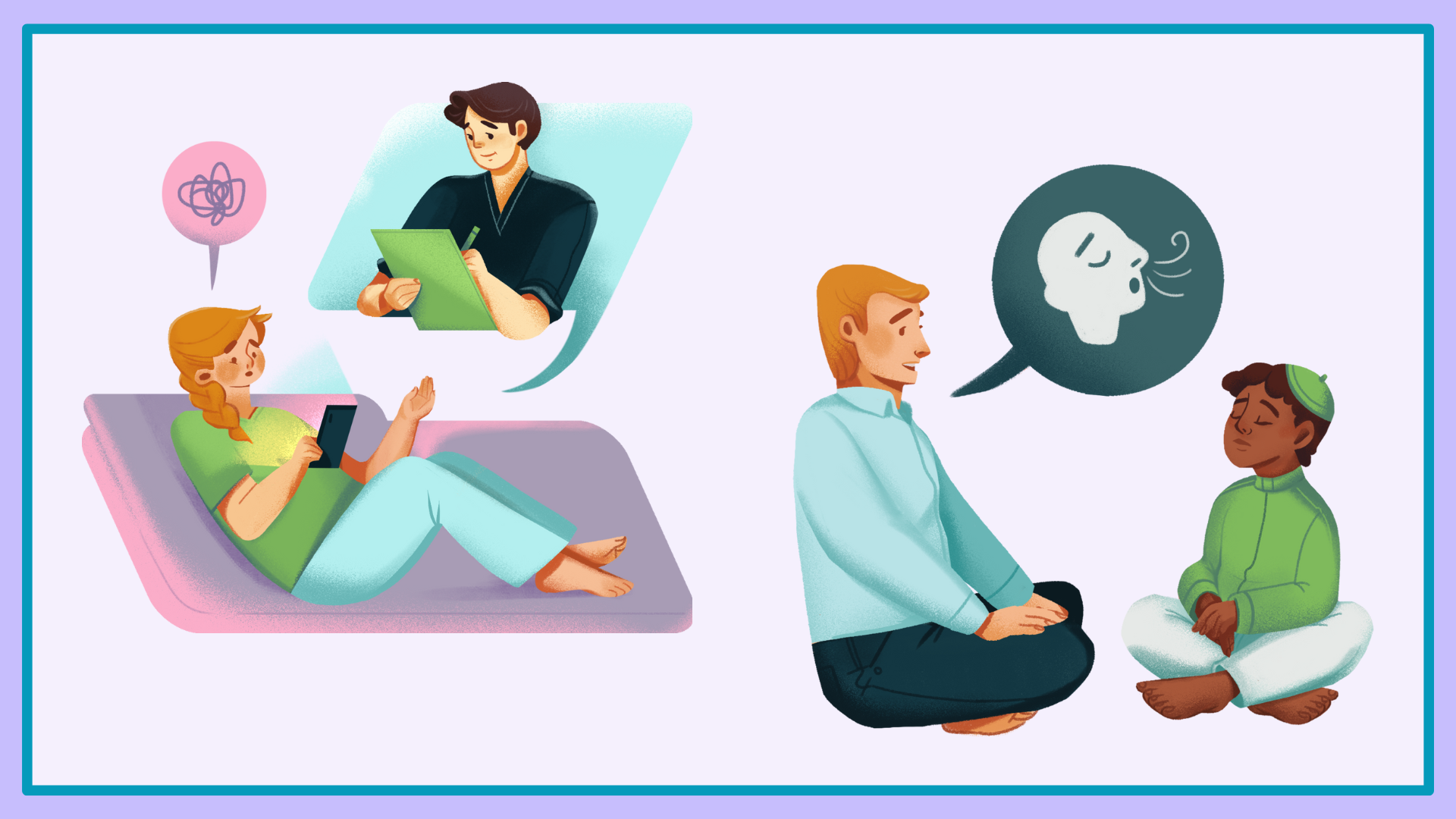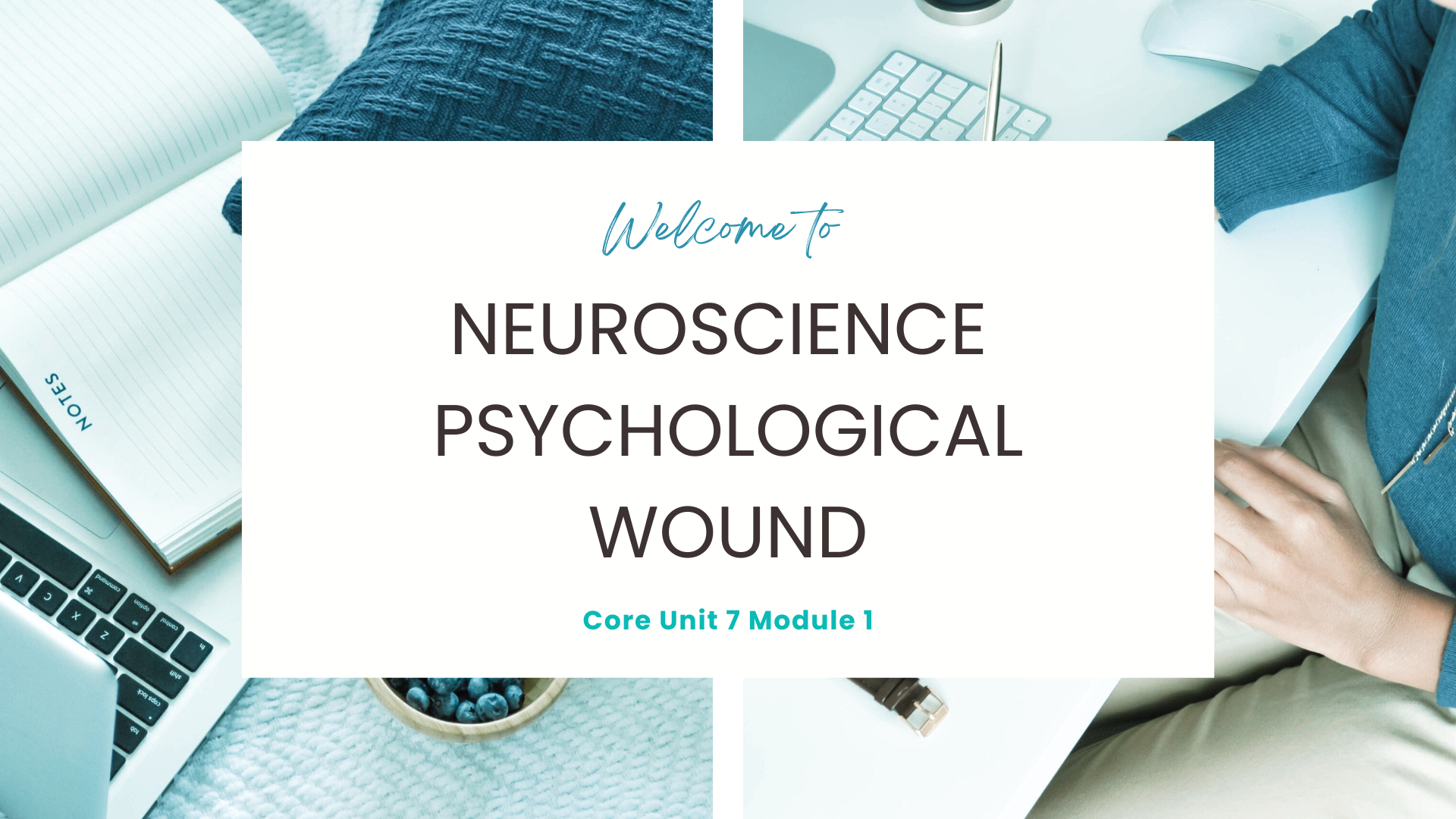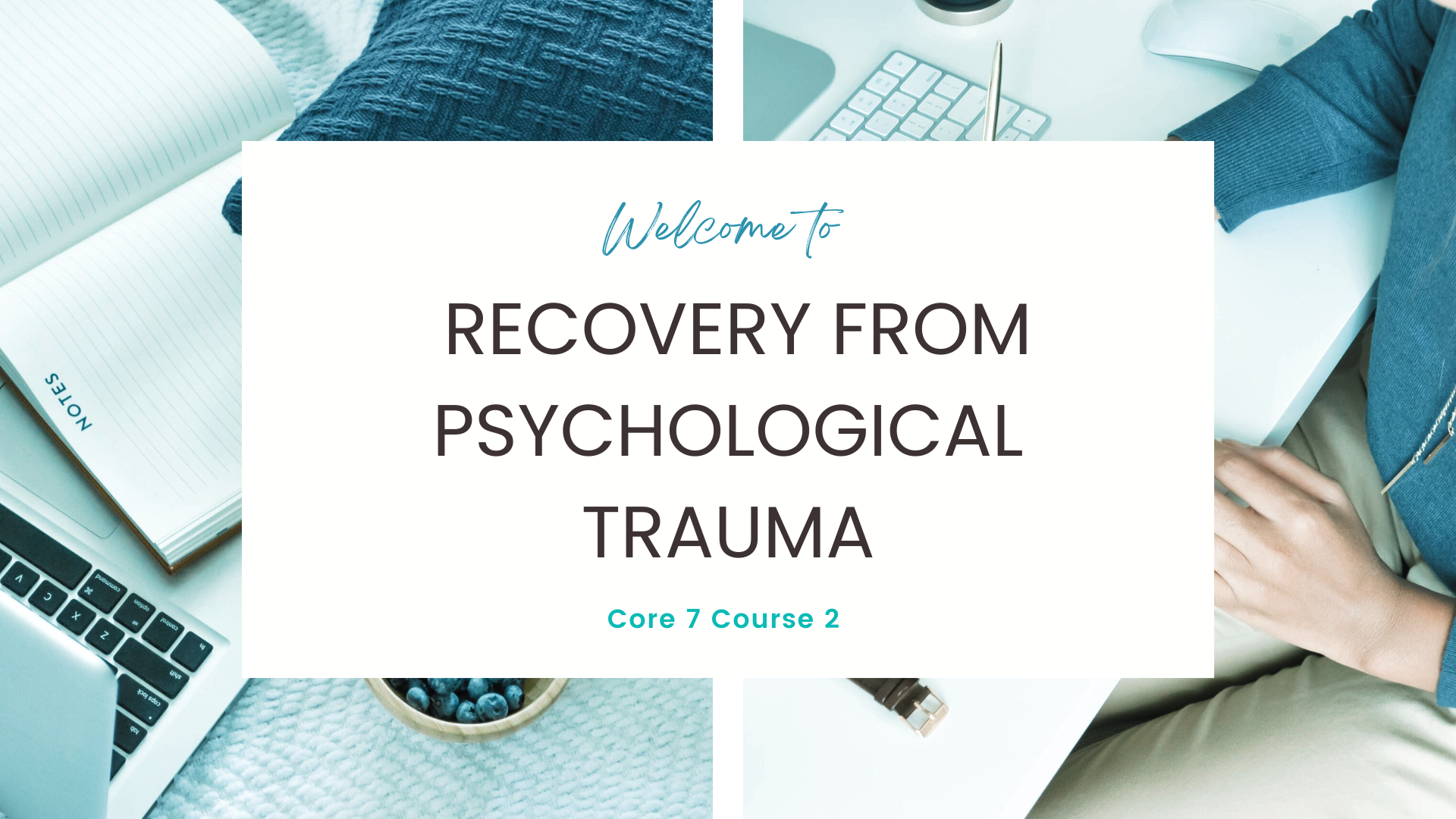CPtsd: Trauma and Identity Series
Core 7~ A Trauma Trained Framework for Supporting Identity Integration and Relational Safety
Professional training. Certification optional. CEU hours available for eligible professionals.
DEVELOPMENTAL trauma impacts
THE BRAIN
DEVELOPMENTAL TRAUMA IS a Hidden Epidemic
Healing the professionals Through NeuroSynqt™
💡 Take the Developmental Trauma & Brain Impact Quiz
-
Accredited Trainer – Linda Meredith
-
Course Level: Advanced (Professional Training)
-
Payment Plan available
When trauma fractures identity clients do not just lose confidence they lose connection with who they were before survival took over.
This unit explores how trauma reshapes self concept memory and belonging and how professionals can help rebuild a coherent sense of self.
You will examine the brain’s adaptive design behind identity loss. The prefrontal cortex hippocampus and limbic regions reorganise around threat creating protective selves that keep clients safe yet disconnected.
Talk based approaches often mistake these adaptive identities for resistance which misses the neurological reality driving them.
Across four integrated courses you will learn to map the psychological wound trace how family and social systems reinforce identity distortion and apply practical methods that restore internal coherence.
Each lesson builds toward identity repair helping clients move from fragmented survival roles into authentic integrated living.
Through the NeuroSynqt™ lens you will explore how the brain reconnects through safe relationship how identity can re emerge with support and how counsellors can hold space for both protection and possibility.
💡 The Missing Link in Trauma and Identity Recovery
Professionals supporting adults with developmental or complex trauma often see a quiet identity crisis beneath the surface. Clients can describe their trauma story in detail yet still struggle to feel like themselves. What looks like lack of insight is often the brain’s adaptive identity at work - parts of self built for safety, not authenticity.
Standard models rarely address the intersection between identity, attachment, and brain integration, leaving survivors highly functional but internally fragmented. The result is a sense of self that can manage life, yet feels disconnected from purpose, emotion or belonging.
This Core Unit provides a clear, trauma trained pathway for professionals to:
-
Understand how identity forms through survival learning and why early disconnection becomes the foundation of adult confusion.
-
Recognise the neurobiological cost of suppression and its link to emotional fatigue, perfectionism and people pleasing.
-
Identify the adaptive identities that develop in unsafe environments
-
Apply brain-based frameworks that guide safe reconstruction of identity without retraumatisation or collapse.
-
Teach clients to recognise internal conflict between who they are and who they had to become
-
Integrate practical strategies that support coherence between memory, motivation and self-awareness.
-
Support meaning making and narrative integration using experiential methods that rewire the brain toward wholeness.
-
Recognise how identity repair restores capacity for joy and connection instead of over analysis or withdrawal.
-
Strengthen practitioner insight and empathy through understanding how the same adaptive mechanisms appear in helpers.
-
Guide clients from survival self to authentic self through grounded, brain-based experiential work.
These courses bridge neuroscience with compassion - helping professionals see beyond behaviour to the brain’s quiet logic for survival and how to gently rewire it toward truth, coherence, and belonging.

🎧 Prefer to Listen While You Learn?
Complex trauma can make on screen reading feel heavy or disconnecting. Listening allows the brain to process the material more gently and helps you stay present as you learn.
You can now have your slides read aloud on any device using built in accessibility tools.
Full instructions for Mac, iPhone or iPad, Android, and Windows are included right inside this course.
💜 This feature is designed to support your learning style, not replace it.
🎙️ Linda’s teaching, coaching, and voice remain throughout every course. You will still hear Linda guiding you through the concepts, unpacking examples, and coaching from the slides as part of your learning experience.
👉 Use the Have Your Slides Read To You tab inside the course for device specific instructions and start listening your way through the course.
Here’s what you’ll walk away with…
- Practical identity repair frameworks that integrate neuroscience, emotional development and relational mapping.
- Language to explain identity fragmentation without pathologising clients or reinforcing shame based narratives.
- Skills to identify adaptive roles such as pleaser, achiever or caretaker and translate them into their original protective purpose.
- Methods to trace family and social patterns that maintain fractured identities and teach clients how to interrupt them safely.
- Tools for mapping the psychological wound so clients can see the adaptive logic behind their survival strategies.
- Confidence to differentiate between true self and survival self using clear brain based concepts clients can grasp easily.
- Frameworks to support integration where fragmented experiences are gently reconnected without emotional flooding.
- Insight into intergenerational identity transmission showing how trauma roles are passed down and how to stop the cycle.
- Brain informed strategies for self coherence that build internal consistency, trust and emotional stability.
- Guidance for reflective dialogue that restores agency and belonging in both client work and practitioner identity.
The depth of the content and the support this course offers is phenomenal! If you’re on the fence, I’d highly recommend taking the leap
Candace Alley,
CEO candacealley.com
Over the past year and a half, Linda has helped me experience growth that I thought was impossible. In a loving and compassionate manner, she has taught me tools and strategies to manage my trauma symptoms. Most importantly, she made me feel heard, seen, and understood.
Lisa Armele,
Ed.S., MA., CAS.
Linda Meredith is a powerhouse when it comes to bringing research and information together to help us understand complex trauma. More importantly, she breaks things down in a way that is easily accessible. The homework isn’t about memorising terms - it’s about embodying the knowledge while healing ourselves and supporting our clients. practically and effectively. As a professional who has had burnout 3 times, Linda's work has helped me not only return to work but to do so in increasing good health whilst helping clients globally achieve the recover results they also desire.
Sherry Yuan Hunter,
CEO Sandwich Parenting
What Makes the 4 Courses Impactful?
🧰 Made for Those Who Work in the Messy Middle of Healing
- Counsellors, psychologists, and social workers seeking advanced training in CPtsd and narcissistic abuse recovery.
- Allied health and pastoral care professionals supporting trauma-bonded or abuse-impacted adults.
- Educators and community leaders wanting a neuroscience-based, trauma-trained framework for complex trauma recovery.
- Students and emerging practitioners building professional credibility with CPtsd-specific, brain-based practice.
- Practitioners working toward certification and CEUs in CPtsd Recovery.
- Individuals with lived experience pursuing structured, professional-level CPtsd education and personal integration.

🌟 The Shift You’ll See in Clients (and Yourself)
Imagine sitting with a client who says, “I know who I’m meant to be, but I can’t seem to feel it.” Their voice carries the exhaustion of someone who has spent years trying to hold themselves together while quietly wondering who they really are underneath.
Maybe you recognise that experience too - capable on the surface, but shaped by old survival roles that once kept you safe?
These four courses don’t just expand professional skill, they transform how you understand identity formation and repair through a CPtsd and brain-based lens. You’ll walk away with clarity, confidence and compassion to support clients who are still living from survival-shaped selves rather than authentic identity.
You’ll be able to:
-
Recognise the brain patterns that keep clients looping between performance, withdrawal and over-functioning.
-
Explain identity fragmentation in clear, client-friendly language that normalises survival adaptation rather than pathologising it.
-
Validate clients’ inner conflict between who they are and who they had to become while maintaining professional steadiness.
-
Differentiate survival roles from integrated identity and guide clients toward coherence through brain-based reflection.
-
Facilitate practical identity reconstruction that rebuilds agency, self-trust and belonging step by step.
-
Identify generational and social templates that reinforce fractured self-concepts across family and community systems.
-
Support clients in releasing shame and confusion through insight into how the brain protected them from unbearable reality.
-
Guide reflective dialogue that reconnects meaning, memory and motivation for sustainable identity repair.
-
Strengthen your professional confidence and presence as you learn to recognise your own adaptive identity patterns with compassion.
-
Model integrated selfhood so that clients see what wholeness feels like — calm, grounded and congruent.

Course 1 -The Neuroscience of the Psychological Wound

Course 2 - Recovery from a Psychological Wound

Course 3- Trauma and Identity

Course 4- Bowen Family Systems Theory

Complete CPtsd Trauma and Identity Series Outline
💻 Learning That Fits Real Life ➡️
Accessible. Practical. Designed for the trauma-trained mind.
🌱 Free Weekly Supervision & Study Space
CPtsd Education
Extra CPtsd Information
Homework Canva Templates
Client Materials
Business Development
Extra Coaching Tools

🧠 The NeuroSynqt™ Difference
Adults with Complex PTSD have lived in trauma states for so long that dissociation, fragmentation, and survival scripts feel normal. Many do not recognise they are dissociating until explicitly taught how to begin reconnection and how to recognise that the brain is the driver.
Most models (polyvagal, IFS, bottom-up somatics) assume regulation is the starting point. In reality:
-
Regulation is not an entry point.
-
Regulation is a byproduct of integration.

Dr Dan Siegel
Why Being Trauma-Trained Changes Everything
Beyond trauma-informed into truly brain-based care
📊 Grounded in Science, Guided by Humanity
Bringing research and lived experience together
Recent studies show:
-
🧩 Up to 80% of adults raised by narcissistic or emotionally unavailable parents show symptoms consistent with complex trauma
-
🩺 1 in 3 mental health professionals report moderate to severe burnout (APA, 2024)
-
🧠 Neuroscience confirms that trauma impacts perception, not just emotion - changing how clients interpret safety, power, and connection
This course bridges clinical research with experiential recovery, giving professionals language that resonates with both the data and the heart.
Trauma Informed vs Trauma Trained
Linda Meredith
Passionate, Innovative, and Dedicated to
Complex Trauma Recovery
An Advanced, Neuroscience-Based Approach for Mental Health Professionals
Real reviews. Real professionals. Real impact.
📚 Explore Other Courses
🏆 Certification Pathway
- Individual Courses - like Core Unit 7, focusing deeply on identity repair
- Full Certification - becoming a Master Practitioner of Complex Trauma Counselling, accredited globally and eligible for CEUs
This certification has been peer-reviewed and accredited by professionals in the trauma field, ensuring credibility and recognition worldwide.
Developed by Linda Meredith through years of study and application with both clients and her own recovery, the NeuroSynqt™ framework is a unique, brain-based approach that delivers results in real-world practice.

